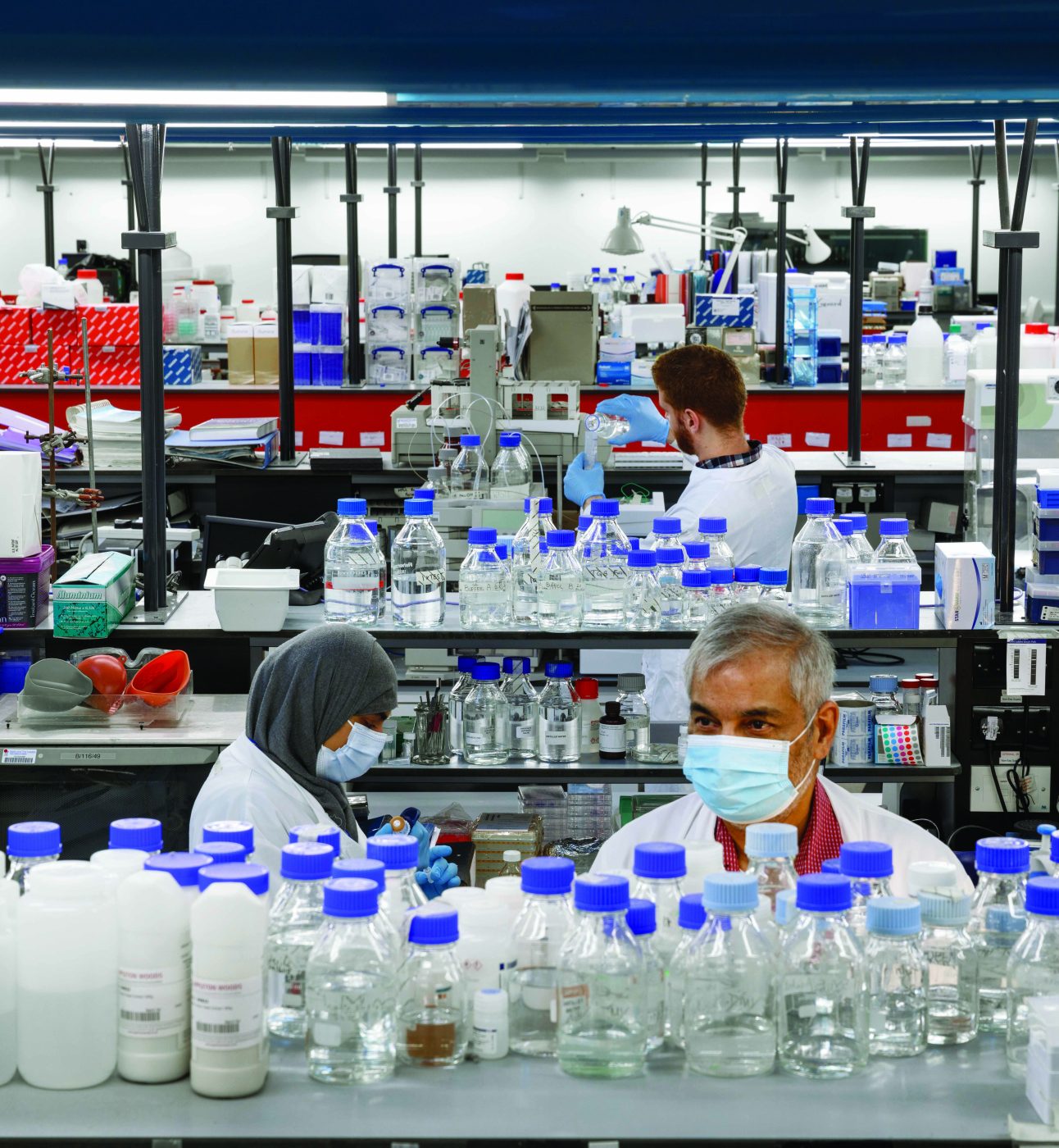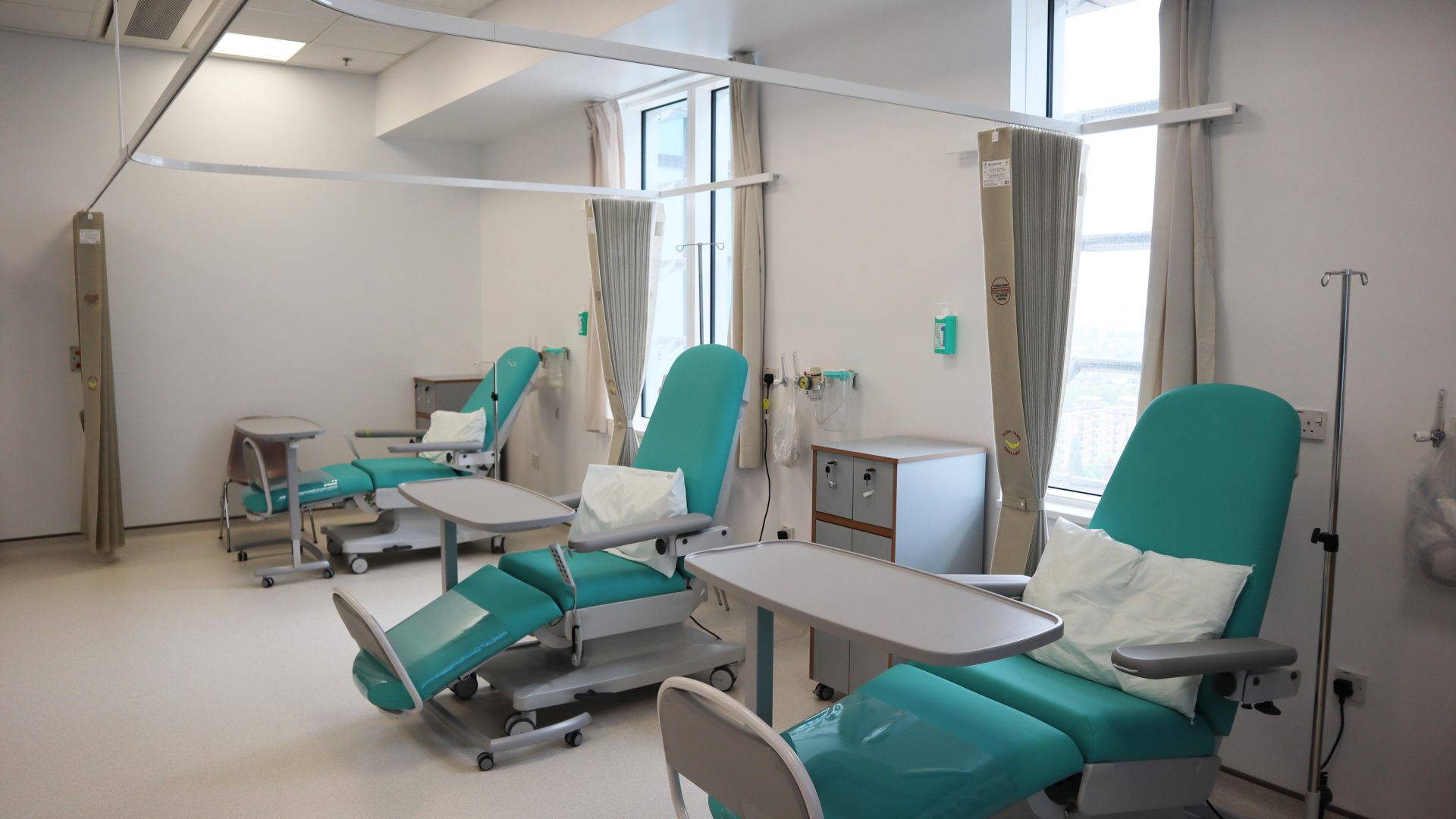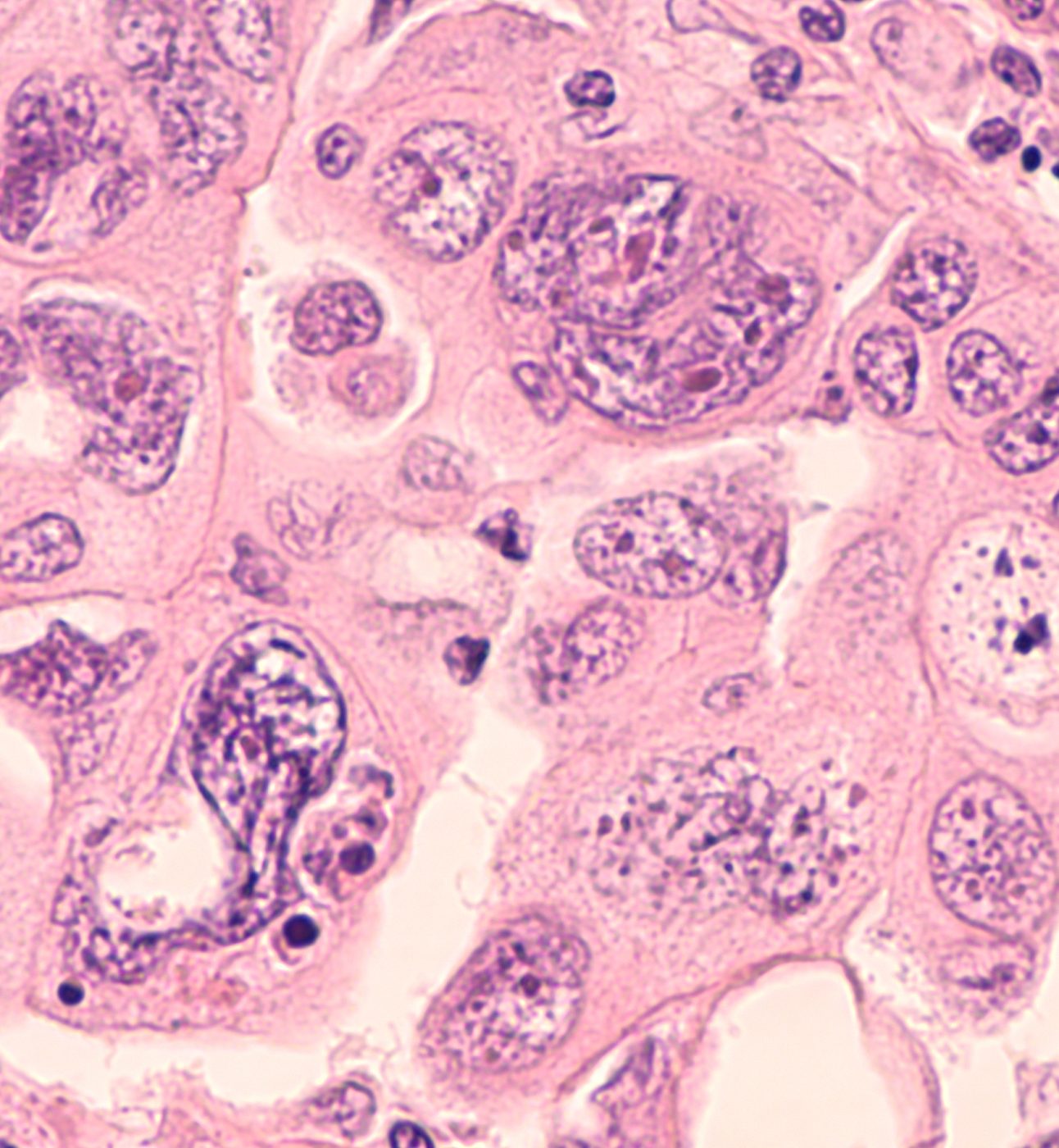
Adaptive therapy treatment for ovarian cancer patients
Barts Charity has awarded nearly £500,000 to investigate adaptive therapy, a personalised approach to ovarian cancer treatment.

This Ovarian Cancer Awareness Month we revisit the PROTECTOR study. This study aims to find a better way to treat women at risk of ovarian cancer.

Professor Ranjit Manchanda of the Wolfson Institute of Population Health, Queen Mary University of London.

Barts Charity has awarded nearly £500,000 to investigate adaptive therapy, a personalised approach to ovarian cancer treatment.

For Ovarian Cancer Awareness Month, Dr Michelle Lockley from the Barts Cancer Institute answers questions about ovarian cancer.

Transforming how breast cancer is treated in East London.